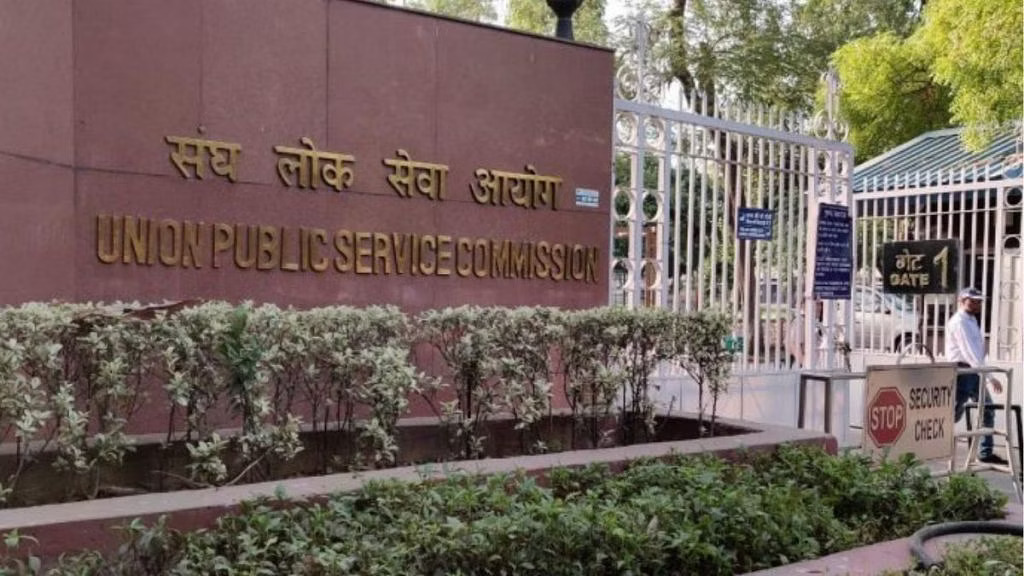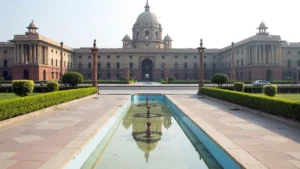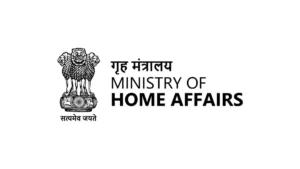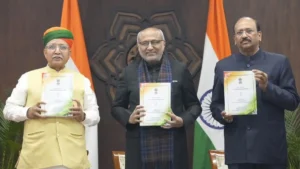In a significant development, the Supreme Court of India has issued a comprehensive set of directives aimed at reforming the police force across the country. These directives, passed by a bench headed by Chief Justice Dipak Misra, come in response to a plea by the Centre to modify the court’s 2006 judgment on police reforms. The court’s recent ruling includes several crucial provisions to ensure transparency, merit-based appointments, and fixed tenures for top police officials.
Appointment of Police Chiefs
- The Supreme Court has directed all states and Union territories to refrain from appointing any police officer as acting Director General of Police (DGP).
- Instead, states are mandated to send names of senior police officers to the Union Public Service Commission (UPSC) for consideration as potential candidates for the position of DGPs or Police Commissioners.
UPSC Selection Process
- The UPSC will meticulously evaluate the submitted names and prepare a list of the three most suitable officers.
- States are then free to appoint one of these officers as the police chief. The emphasis is on meritocracy and transparency in the selection process.
Tenure Consideration
- The Supreme Court has stressed the importance of ensuring that appointed DGPs have a reasonable period of service left, promoting stability and continuity in police leadership.
Suspension of Existing Rules
- The apex court has ruled that any existing rule or state law related to the appointment of police officers will be kept in abeyance, highlighting the necessity of adhering to the new directives.
Scope for State Modification
- While the directives are binding, the states that have specific laws on police appointments have been granted the liberty to approach the Supreme Court for seeking modifications if necessary, providing flexibility in implementation.
Historical Context
- The Supreme Court’s recent directions stem from the 2006 verdict on police reforms, commonly referred to as the Prakash Singh case.
- The original judgment recommended various measures, including fixed tenures for DGPs and SPs, transparent appointments, separation of police functions, and the establishment of oversight bodies such as Police Establishment Boards and Police Complaints Authorities.
Pending Contempt Cases
- It’s important to note that there are pending contempt pleas alleging non-implementation of the earlier 2006 directives.
- These recent directives serve as a robust step toward enforcing the long-pending reforms outlined in the Prakash Singh case.




 Big Change at Rashtrapati Bhavan! Lutyen...
Big Change at Rashtrapati Bhavan! Lutyen...
 India Launches ‘Prahaar’: New National C...
India Launches ‘Prahaar’: New National C...
 Vice-President Launches Tamil & Guja...
Vice-President Launches Tamil & Guja...








